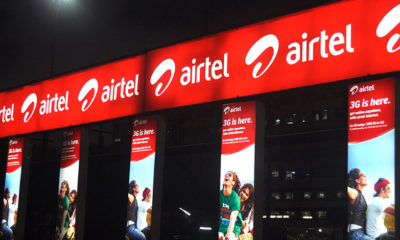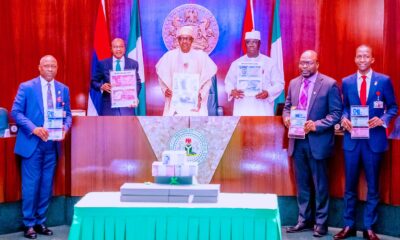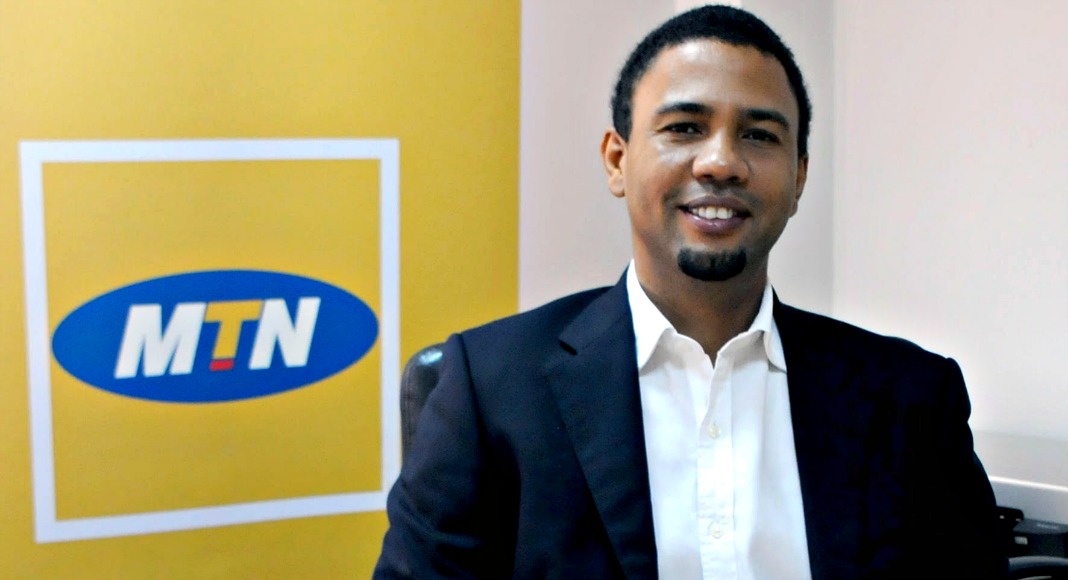Airtel Africa, a leading telecommunications and mobile money services provider, on Thursday announced it has signed a deal under which The Rise Fund, an impact investing global platform of leading alternative investment firm TPG, will invest $200 million in Airtel Mobile Commerce BV (AMC BV) at $2.65 billion valuation.
Airtel Africa stated in a statement signed by Simon O’Hara, Group Company Secretary, Airtel Africa.
The telecommunications giant said the money will be used to cut down the company’s debt and improve investment in network and sales infrastructure in its operating nations.
According to Airtel Africa, The Rise Fund will hold a minority stake in AMC BV upon completion of the $200 million deal. The transaction is the latest step in the company’s pursuit of strategic asset monetization and investment opportunities.
Airtel Africa further stated that it is in talks with other potential investors in relation to possible additional minority investments into Airtel Money, up to a total of 25 percent of the company’s issued share capital of AMC BV.
Key Financial Highlights of Airtel Mobile Service
- Generated revenue of $110 million ($440 million annualised), and underlying EBITDA of $54 million ($216 million annualised) at a margin of 48.7%.
- Year on year revenue growth for the quarter was 41.1% in constant currency, largely driven by 29% growth in the customer base to 21.5 million, and 9.7% ARPU growth.
- Growth in transaction value was 53.0% to $12.8 billion ($51 billion annualised).
Speaking on the deal, Raghunath Mandava, CEO of Airtel Africa, said “In line with our vision of enhancing financial inclusion, Airtel Africa offers a unique digital mobile financial services platform under the Airtel Money brand.
“In most of our markets there is limited access to traditional financial institutions, and little banking infrastructure, with less than half of the population having a bank account across sub-Saharan Africa. Our markets therefore afford substantial market potential for mobile money services to meet the needs of the tens of millions of customers in Africa who have little or no access to banking and financial services, and this demand is driving growth.
“With today’s announcement we are pleased to welcome The Rise Fund as an investor in our mobile money business and as a partner to help us realise the full potential from the substantial opportunity to bank the unbanked across Africa.”
Yemi Lalude, Partner at TPG who leads Africa investing for The Rise Fund, added: “Financial inclusion is a global issue that is most acute in Africa. Through Airtel Money, Airtel Africa has built a unique platform that is closing the gap between traditional financial institutions and the millions of unbanked Africans across the 14 countries where Airtel Africa operates. We look forward to working with Airtel Africa to enhance their mobile money services, broaden its use cases, and grow into new markets.
“With this investment in Airtel Africa’s mobile money operations, we are excited to expand The Rise Fund’s global fintech portfolio and continue to deepen our focus on improving financial inclusion in Africa and around the world.”


 Forex3 weeks ago
Forex3 weeks ago


 Naira2 weeks ago
Naira2 weeks ago
 Billionaire Watch2 weeks ago
Billionaire Watch2 weeks ago




 Naira2 weeks ago
Naira2 weeks ago




 Naira2 weeks ago
Naira2 weeks ago




 Naira1 week ago
Naira1 week ago




 Naira4 weeks ago
Naira4 weeks ago




 Naira3 weeks ago
Naira3 weeks ago














